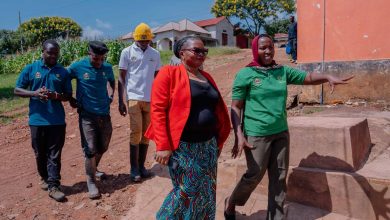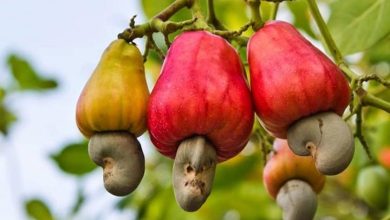Honey earnings increase in Coast Region

COAST REGION: HONEY production in the Coast Region has surged by almost 70 per cent for the season ending June this year, underscoring the growing importance of beekeeping as both an income source and a driver of rural development.
Official figures show output rose to 12,807.5 kilogrammes in 2024/25 from 7,582.5 kilogrammes the previous year, reflecting stronger yields per hive and more households venturing into apiculture.
The Coast Regional Administrative Secretary (RAS), Ms Pili Mnyema, credited the growth to strengthened collaboration between local councils, the Tanzania Forest Services (TFS) and organised groups of beekeepers.
“The increase in both hive numbers and honey output is a clear indication of our progress,” Ms Mnyema told the `Daily News’ yesterday.
“Beekeeping has become one of the key sectors contributing to household income and the regional economy.”
According to official data, the region now has a total of 3,509 beekeepers, with 3,313 organised into groups and 196 operating independently.
The region also boasts 10,532 hives, both traditional and modern, up from 10,065 hives in the previous year.
Regional Beekeeping Officer Ms Fatma Sumbuka said that the increase in hive numbers and improved management practices have contributed directly to the rise in honey output.
“We have invested in training, awareness campaigns and technical support for beekeeping groups. This has improved productivity and the quality of honey harvested,” Ms Sumbuka said.
She said among all councils, Rufiji District leads in honey production, contributing 1,796 kilogrammes in the current season, while Mafia District recorded zero production.
ALSO READ: RC challenges beekeepers to modernise business
“Rufiji has vast natural forests and woodlands which provide excellent forage and water sources for bees. This gives the district an advantage over areas like Mafia, where such environmental conditions are less favourable,” she said.
Furthermore, she said the region is continuing efforts to enhance the beekeeping sector by supporting youth and women-led groups, improving access to modern equipment and connecting beekeepers with larger markets.
“We believe this sector can be a major source of employment and income especially for youth and women in rural areas,” Ms Sumbuka said.
The Tanzania Media Women Association (TAMWA) Executive Director, Dr Rose Reuben, said beekeeping can provide reliable, long-term income for local people, especially women, by utilising the natural resources available in their surroundings.
TAMWA is intending to enter into the project of beekeeping and planned to start with 200 beehives on their farm at Kibaha.





